LOGIN

Subscribe for PTCOG-NA Updates
Membership Portal

Educational Speakers
MEET THE 7th ANNUAL PTCOG-NA CONFERENCE EDUCATIONAL SPEAKERS
Dose and Range Verification
B. Kevin Teo, Ph.D
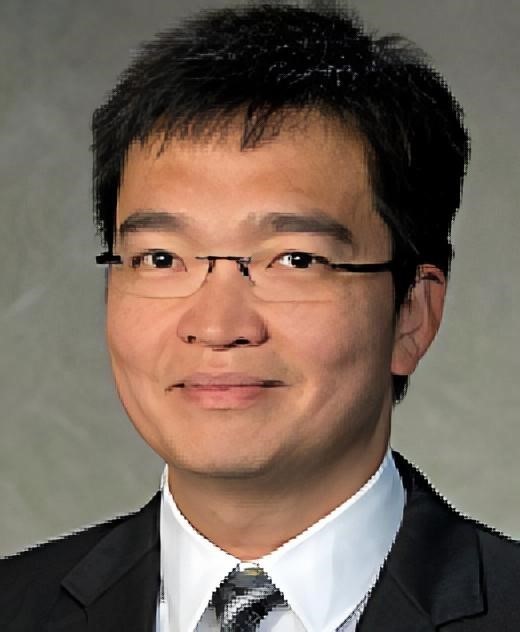
B. Kevin Teo, Ph.D is an Associate Professor in Radiation Oncology at the University of Pennsylvania. He is a key member of the imaging team for medical physics responsible for implementing clinical imaging protocols and advance clinical initiatives to introduce new imaging modalities in the clinic. His research has focused on the applications of advanced imaging tools to improve quantification and reduce proton range uncertainties. This include the deployment of the world’s first gantry mounted cone beam computed tomography (CBCT) system for proton therapy which introduced volumetric imaging for estimating inter-fraction treatment dose and enabled the use of CBCT in an adaptive proton therapy workflow. Another notable work was the first clinical demonstration of the feasibility to use prompt gamma (PG) imaging for in vivo proton range verification which enabled the location of individual pencil beam spots within the patient to be imaged for the first time in proton therapy. PG imaging could be used to confirm proton range as well as identify changes in anatomy that leads to range deviations. At the University of Pennsylvania, Dr Teo was responsible for implementing the use of dual energy CT (DECT) to calculate more accurate proton stopping power compared to traditional single energy CT. DECT has enabled more accurate proton dose calculations with reduced range uncertainty margins to be used in some treatment sites.
Niek Schreuder PhD
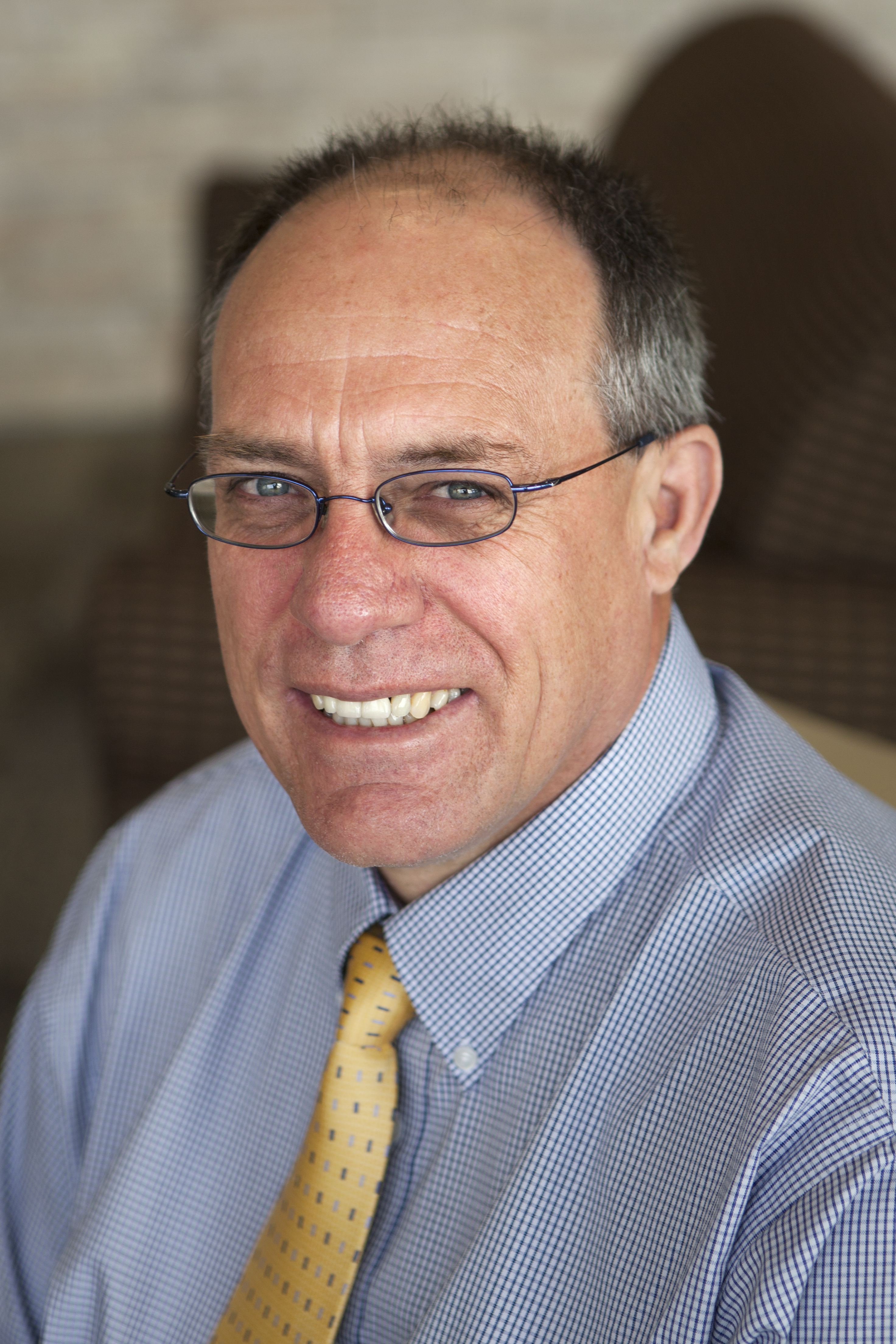
Dr. Robert Stewart
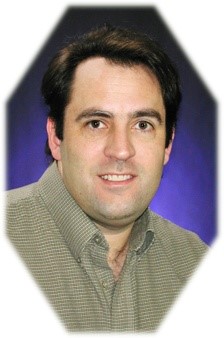
Head & Neck
Alexander Lin, M.D
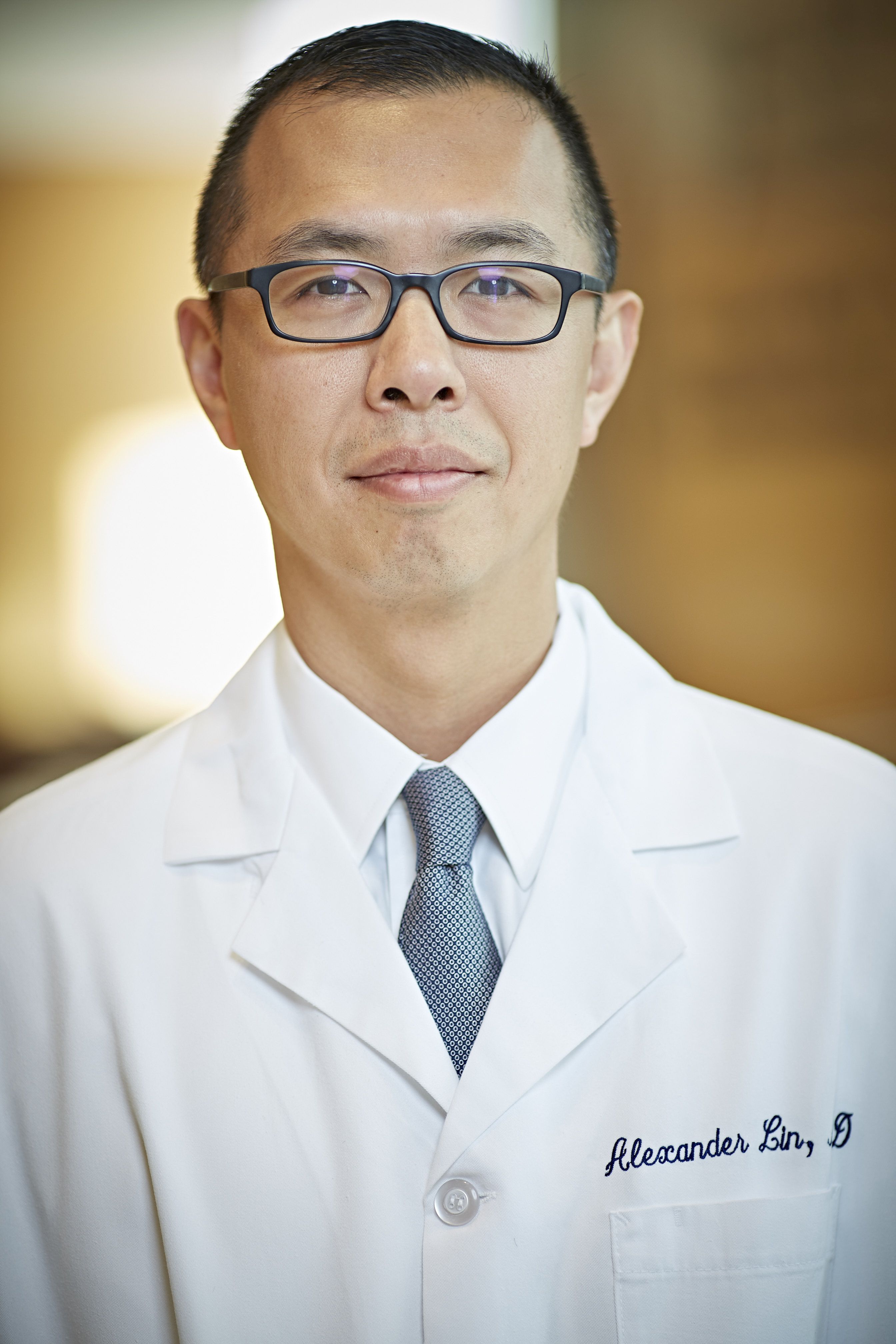
Steven Frank
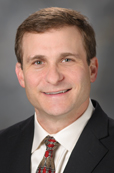
Upendra Parvathenani

I have been an Attending Radiation Oncologist at the University of Washington since August 2006. I specialize in treating Head and Neck cancers in an academic multidisciplinary practice setting using multiple modalities including IMRT, Neutron radiotherapy, Proton beam radiotherapy, IORT, and SBRT. My niche practice involves treating uncommon tumors including Merkel cell cancer and Salivary gland tumors.
My research interests as an investigator and collaborator are focused on improving the targeting and delivery of radiotherapy for head and neck cancers, including integration of translational research and functional imaging approaches. In particular, I am interested in the biological properties and applications of high linear energy transfer (LET) radiation to cancer treatment. Although there are many unknowns regarding the optimal radiation modality, and radiation specific parameters (dose, fractionation), there is increasing data showing that radiotherapy can potentiate an immune response against cancers, especially when used in combination with immune checkpoint inhibitors. There are several biological properties of high LET radiation that make it ideal for this purpose and merit exploration. I served as the institutional PI for a number of multi center national projects including LORHAN (national registry for head and neck cancers), ECO-ACRIN 3311 a phase 2 randomized trial. I am currently a co-PI for CA 209-8G3 and ESR 1611857, both these studies explore dual immune check point blockade combined with hypofractionated radiotherapy for recurrent salivary gland malignancies and squamous cancers respectively. I am uniquely positioned to help translate the discoveries of this project into clinical trial and eventual clinical use. I remain committed to the further investigation of the radiobiological properties of high LET radiation.
Multimodality Therapy with Particles
Charles B. Simone, II, MD
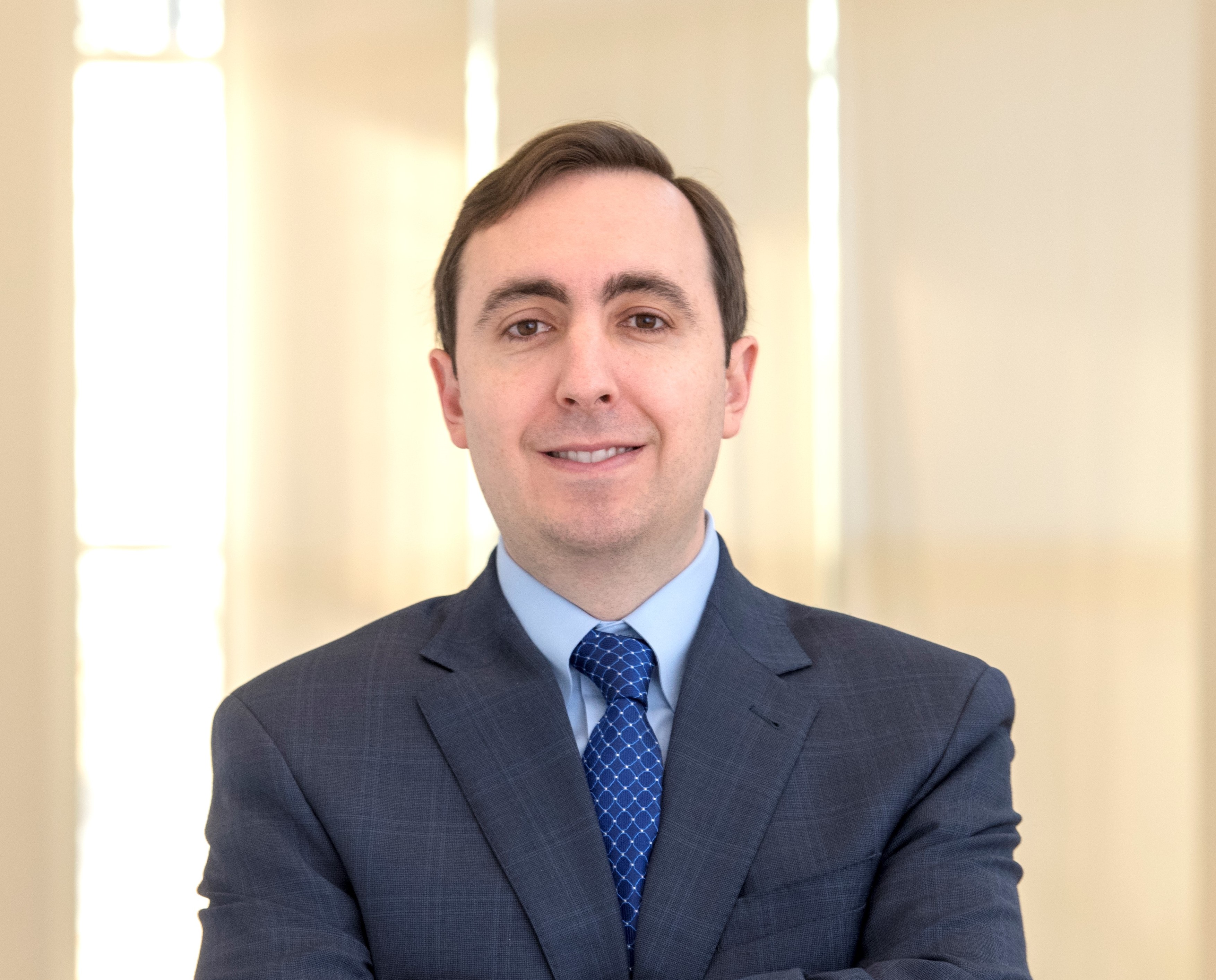
Charles B. Simone, II, MD, FACRO is Research Professor and Chief Medical Officer of the New York Proton Center and Full Member in the Department of Radiation Oncology at Memorial Sloan Kettering Cancer Center. He is an internationally recognized expert in using proton therapy to treat thoracic malignancies and for reirradiation, and in developing clinical trials and innovative research in thoracic oncology and stereotactic body radiation therapy.
Prior to coming to NYPC, Dr. Simone was Chief of the Thoracic Oncology Service at the Hospital of the University of Pennsylvania, Director of the Penn Mesothelioma and Pleural Program, and Director of Clinical Research and Operations in the Department of Radiation Oncology at Penn. He was then appointed Medical Director of the Maryland Proton Treatment Center, and at University of Maryland, he also served as Chair of the Clinical Research Committee for their Comprehensive Cancer Center, proton therapy Fellowship Director, and Director of the Stereotactic Radiation Therapy Program. He completed his undergraduate and medical school training at University of Pennsylvania and residency in radiation oncology at the National Cancer Institute, NIH, where he served as chief resident.
Dr. Simone is a National Institutes of Health, National Science Foundation, and Department of Defense funded investigator who has published >390 scientific articles and chapters, given >245 scientific lectures to national/international audiences, and is the national Principal Investigator or Co-Chair of 7 NIH-funded cooperative group trials (4 NRG Oncology, 1 SWOG, 1 ECOG-ACRIN, 1 PCG). He is a three-time Association of Residents in Radiation Oncology Educator of the Year Award winner. Dr. Simone is the Proton Collaborative Group (PCG) Board President and Chairs the PCG Executive Committee and the PCG Lung Committee. He also Chairs the ASTRO Lung Resource Panel Committee and the NCI/Radiosurgery Society GRID-Lattice-Microbeam-Flash Radiotherapy Clinical Working Group. He is Editor-in-Chief of Annals of Palliative Medicine.
Raymond Mailhot Vega
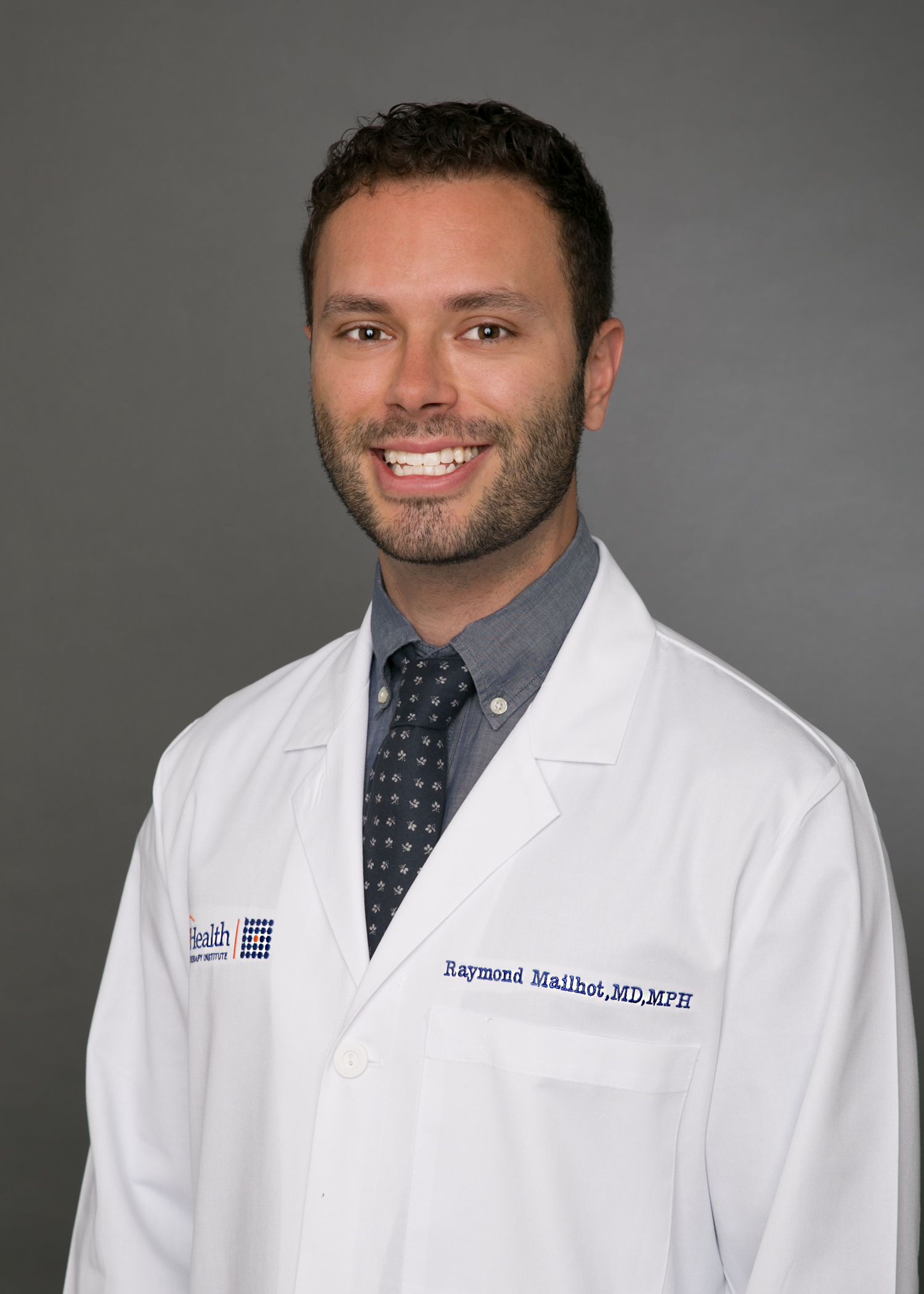
Raymond Mailhot Vega is assistant professor at the University of Florida, directing the heme radiotherapy program at UFHPTI in addition to treating patients with breast cancer and pediatric cancers. His research has focused on comparative effectiveness, particularly utilizing decision analysis methodology to guide clinical decision making for proton therapy indications. He has completed such analyses in pediatric cancers, breast cancer, and mediastinal lymphomas. Ray co-leads the Workforce subcommittee for ASTRO’s Committee on Health Equity, Diversity, and Inclusion (CHEDI), and his research further strives to evaluate disparities in radiotherapy access and outcomes for patients with cancer, particularly striving to ensure equity for Black and Latinx patients.
Dr. Stephanie Perkins
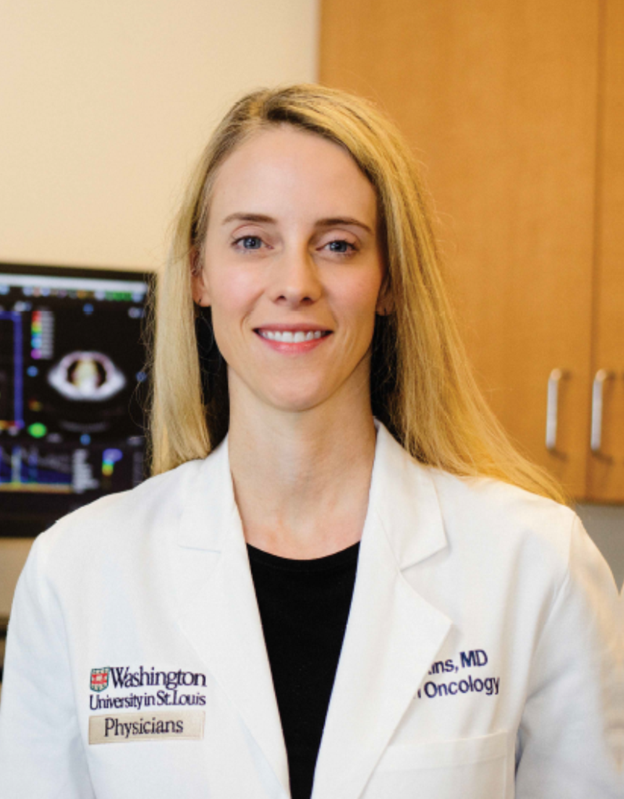
Dr. Stephanie Perkins is an Associate Professor in the Department of Radiation Oncology at Washington University School of Medicine. Dr. Perkins attended medical school at the University of Tennessee, Memphis and completed her residency training at Washington University, where she served as chief resident. She is the chief of the pediatric radiotherapy service and the director of the S. Lee Kling Proton Therapy Center. She specializes in the treatment of children with proton therapy as well as the management of brain tumors and brain metastases, including expertise in Gamma Knife radiosurgery. Her research interests are focused on the late effects of therapy in childhood survivors of brain tumors. Her current projects include the evaluation of resting state functional connectivity MRI with assessment of changes in brain network organization in pediatric brain tumor patients and the relationship of these changes with cognitive performance.
Dr. Steven Lin
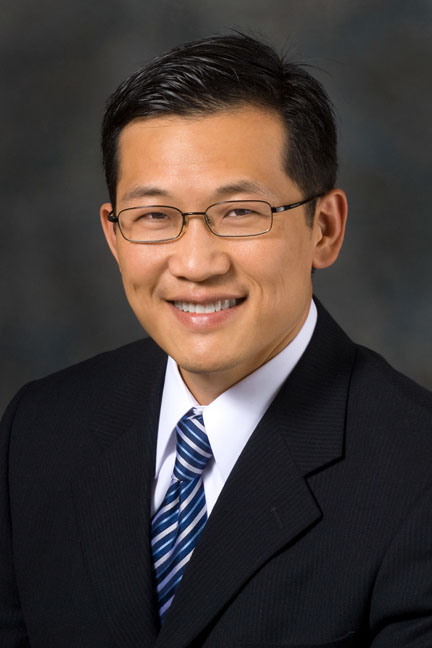
Dr. Steven Lin is an Associate Professor and Physician Scientist at MD Anderson Cancer Center, with joint appointments in the Departments of Radiation Oncology and Experimental Radiation Oncology. Dr. Lin’s practice focuses on thoracic malignancies, and he oversees several clinical trials including the use of proton beam therapy for esophageal cancer and in the combination of immunotherapy with radiotherapy in lung and esophageal cancers. Dr. Lin runs a translational research team that evaluates biomarkers for treatment response and disease outcomes after chemoradiation therapy and immunotherapy. On the basic science side, Dr. Lin’s main interests lie in identifying novel approaches that could enhance radiotherapy and immunotherapy combinations in lung and esophageal cancer that could be translated to innovative clinical trials for patients.
Value Proposition for PT & Alternative Payment Models
Jennifer Maggiore

Jennifer Maggiore joined the National Association for Proton Therapy in 2019 as Executive Director. The National Association for Proton Therapy (NAPT) is an independent nonprofit organization founded in 1990 to educate and increase awareness about the clinical benefits of proton therapy. With 39 members in the United States, the organization supports cooperative research and innovation to advance the field of proton therapy and support patient access to this advanced cancer treatment.
Jennifer has over 20 years of experience as an Oncology Health Care Administrator, specifically focusing on proton therapy. Before joining NAPT, she served as Vice President for Patient Services and Strategic Development at Ackerman Cancer Center in Jacksonville, Florida. With a master’s degree in social work, she started her career as an oncology social worker at Ascension Health. Jennifer is a passionate advocate for cancer patients, ensuring access to advanced technologies providing the most optimal outcome. Locally, she serves on the North Florida Board of Directors for the American Cancer Society, focusing on supporting Hope Lodge locations providing housing for patients traveling for specialized treatments.
William F. Hartsell, MD
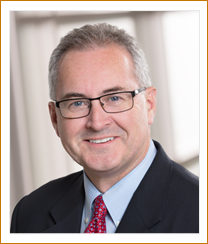
Dr. Hartsell was the medical director of Northwestern Medicine Chicago Proton Center from its opening until June 30, 2021. He still practices full time at that proton center, treating pediatric tumors, prostate cancer and ocular melanomas. He was the Chair of the Proton Collaborative Group for 7 years, recently stepping down from that position in January, 2021. He is still very involved in multiple PCG protocols, including the PCG registry which includes 20,000 patients treated on PCG protocols. He has been very involved in health policy issues, and is the Chair of the Health Policy Council and a member of the board of directors for the American Society for Radiation Oncology.
Dr. Hartsell is happily married and has four children and four grandchildren.